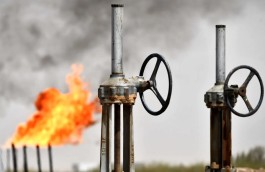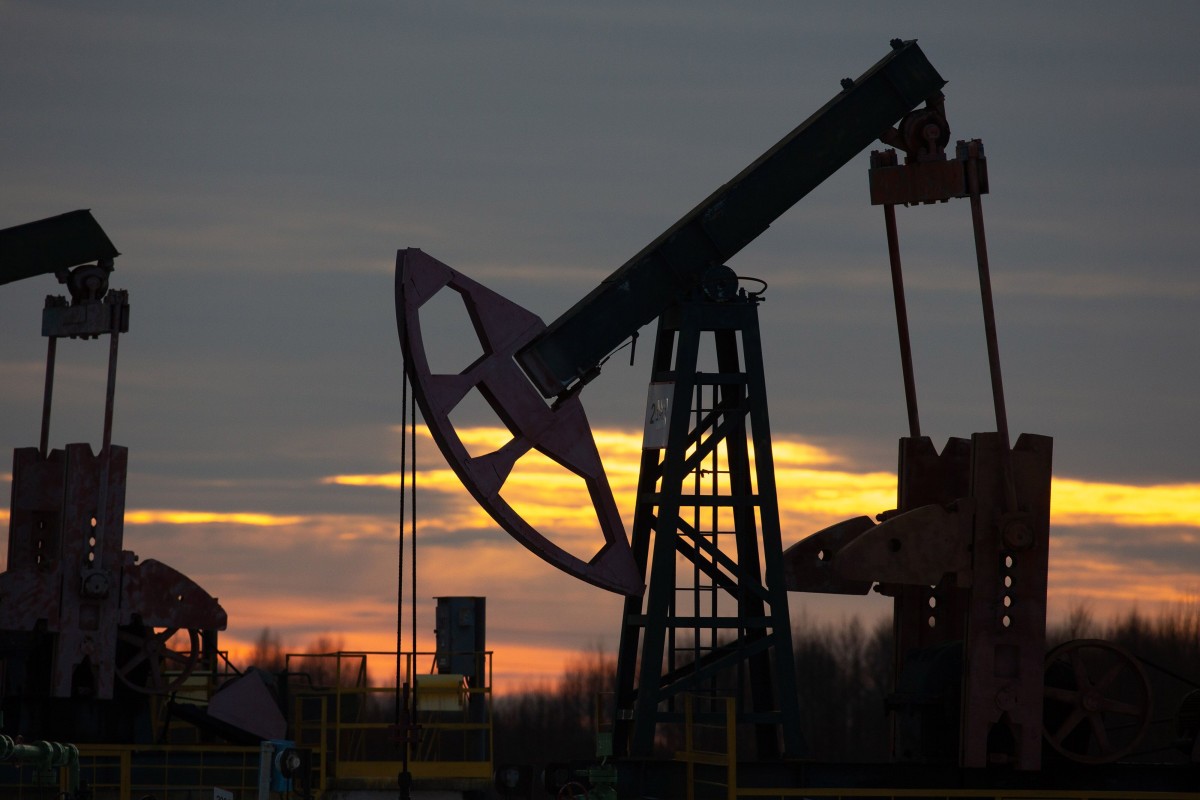Oil prices fell amid signs that the OPEC+ alliance will come forward with a plan to raise production from October, while economic headwinds in China are growing.
Brent crude for November delivery fell to around $76 a barrel after losing more than 2% on Friday, while West Texas Intermediate crude traded near $73. The OPEC+ alliance is set to add 180,000 barrels per day as it gradually restores production that has been halted since 2022, according to delegates involved in the discussions.
Over the weekend, Chinese data showed factory activity contracted for a fourth month in August and the housing sector slumped, raising concerns that the world's largest importer of crude oil may struggle to meet its economic growth target this year.
Oil has given up most of its gains this year as expectations of ample supply and signs of economic headwinds, including in the United States, weighed on prices. Volatility has been on the rise in recent weeks, with crude futures experiencing some of their biggest daily swings in August.
OPEC+ has reiterated that it may halt or reverse planned production increases if necessary, although the political crisis in Libya that has halved the country's output may have given the alliance room to add more supply.
“There are still concerns about whether the market needs these supplies,” said Warren Patterson, head of commodity strategy at ING Group in Singapore. “China demand concerns are not going away anytime soon.”
Libya's oil production is shrouded in uncertainty, with three fields ordered to gradually resume pumping, while output has fallen further at a key site amid a dispute between the OPEC member's rival governments.
The 145,000-bpd Sarir field has already been restarted, while both the Mesla and Nafoura fields have received similar instructions, according to people with direct knowledge of the situation who asked not to be identified because the information is not public.
The operator, Arabian Gulf Oil Co., didn’t explain why it ordered the restart, but the resumption was likely to supply domestic refineries and power plants rather than for export, the people said. Meanwhile, Waha Oil Co.’s production has continued to fall to 96,200 barrels a day from a normal 320,000 barrels, according to another person familiar with the matter.
The moves come as rival governments in eastern and western Libya are locked in a standoff over control of the central bank, the custodian of billions of dollars in energy revenues. The country’s daily oil production has more than halved in the past week to around 450,000 barrels, after authorities in the east ordered a shutdown in response to a decision by the internationally recognized government that controls western Libya, based in the capital Tripoli, to replace governor Sadiq al-Kabir.
Libya was pumping about 1 million barrels per day before the shutdown orders, the vast majority of it coming from fields in the east. Resuming full production at the three AGOCO fields would return about 300,000 barrels per day to the market.
Oil prices in London jumped above $80 a barrel on the day the eastern government called for a complete shutdown of production last week. They have since fallen, closing below $79 a barrel on Friday, amid concerns about global demand.
containment attempts
The bank’s governor, Sadiq al-Kabir, who is embroiled in a long-running dispute with Tripoli-based Prime Minister Abdul Hamid Dbeibah and his allies in eastern Libya, refused the order to step down, prompting authorities in the west of the country to seize the bank’s headquarters.
Al-Kabir said in an interview with the Financial Times that he and other central bank employees fled Libya to protect their lives from a possible militia attack.
The leadership of Libya's newly appointed western government has struggled to resume banking operations, the suspension of which has piled more difficulties on the lives of the North African country's 6.8 million people.
The United Nations says it is negotiating with the various parties to end the crisis, which portends a long haggling over appointments to critical administrative positions in the country that has Africa's largest proven reserves of crude oil.







































